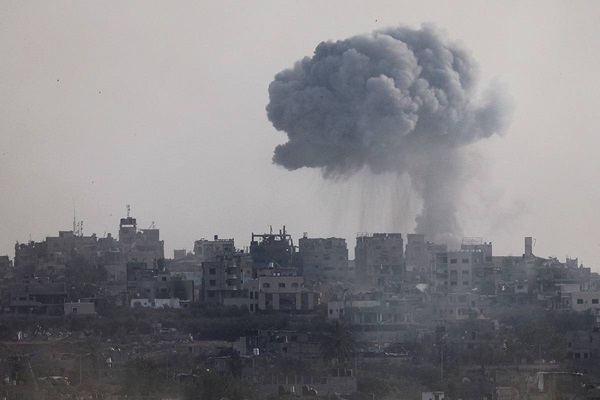The Central Bank of Nigeria (CBN) has raised concerns about potential downside risks to the country's external reserves in the coming years due to key economic challenges, including the removal of fuel subsidies, higher import bills, and increasing external debt servicing obligations. These insights were disclosed in the CBN’s Monetary, Credit, Foreign Trade and Exchange Policy Guidelines for the fiscal years 2024/2025.
Despite these risks, the CBN remains optimistic about Nigeria's overall economic growth, projecting positive output for 2024/2025. This outlook is supported by continued policy interventions in the agriculture and oil sectors, reforms in the foreign exchange market, and the implementation of the Finance Act 2023 and the 2022-2025 Medium-Term National Development Plan (MTNDP).
Risks to External Reserves
The CBN noted that while sustained high crude oil prices and improvements in domestic production could boost reserves, several factors could undermine this growth. These include:
- Lower crude oil earnings,
- Rising import costs,
- Increased external debt servicing, and
- Tight monetary policies in advanced economies, which could lead to capital outflows.
Economic Growth Outlook
The CBN’s forecast suggests that Nigeria’s economic growth will continue on a positive trajectory in 2024/2025, driven by:
- Supportive policies in key sectors like agriculture and oil,
- Foreign exchange market reforms, and
- The effective rollout of the Finance Act 2023 and MTNDP.
However, significant risks such as rising energy costs due to global instability, ongoing security challenges, and infrastructural deficits may hinder growth in the short to medium term.
Inflation and Fiscal Performance
The CBN anticipates elevated domestic prices throughout 2024/2025, driven by global supply constraints and exchange rate pressures. Additionally, security and infrastructure challenges could further fuel inflation. On fiscal performance, the outlook remains positive, contingent on the successful implementation of key fiscal reforms and restructuring of revenue-generating agencies.
Nevertheless, risks such as declining oil production, mounting public debt, global economic uncertainty, and the effects of the Russia-Ukraine war may affect fiscal stability.
Financial Sector Resilience
The CBN expects the financial sector to remain robust in 2024/2025, citing ongoing efforts to monitor vulnerabilities and emerging risks through stress tests and other examination exercises.
This outlook highlights the importance of strategic economic reforms and effective fiscal management to navigate potential challenges and ensure sustainable growth for Nigeria in the years ahead.




